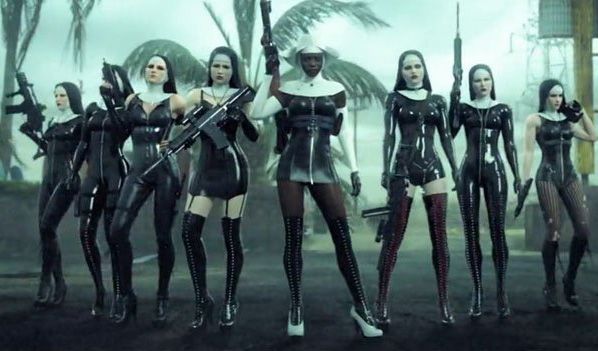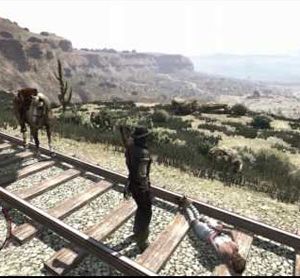This post has not been edited by the GamesBeat staff. Opinions by GamesBeat community writers do not necessarily reflect those of the staff.

The question was brought up recently in the Mother Jones article “Why It Sucks to Be a Woman in the Video Game Industry” by Interactive Editor Tasneem Raja.
Raja's article examines the sexism women deal with in the gaming industry from sexual harassment and disparity in the compensation structure to having female developers go unacknowledged for their accomplishments.
One could just brush all that off as some liberal publication trying to preach about feminist ideology. Unfortunately, Raja is not the first writer to bring up the misogynistic aspect of video game culture.
Back in 2010, David Wong, Senior Editor of Cracked.com, examined the gaming culture's attitude toward women and the industry's depiction of them in “5 Reasons It's Still Not Cool to Admit You're a Gamer”.
Most notably, Wong cites an article from The Guardian about the sexual harassment women gamers are subjected to online. The best example of this is when females play with male avatars just to avoid the "Tits or GTFO" remarks.
Several months after Wong’s article, Seanbaby (iconic humor writer and avid gamer) wrote in his column about the misogynistic undertones of Red Dead Redemption. He even explores the obvious sexism in the "Dastardly" achievement/trophy, which is unlocked after the player sets a hogtied woman on the train tracks and witnesses her death.
 Flash forward to July of 2012 when Cracked writer J.F. Sargent wrote "5 Prejudices That Video Games Can't Seem to Get Over", which had a section dedicated to games that degraded strong female characters. The article gave a lot of attention to the feminine traits displayed by Samus Aran in Metroid: Other M (a lot of it based on Abbie Heppe's review for G4).
Flash forward to July of 2012 when Cracked writer J.F. Sargent wrote "5 Prejudices That Video Games Can't Seem to Get Over", which had a section dedicated to games that degraded strong female characters. The article gave a lot of attention to the feminine traits displayed by Samus Aran in Metroid: Other M (a lot of it based on Abbie Heppe's review for G4).
Why is gaming culture so misogynistic?
The best answer regards the upbringing many gamers had during the '90s up until the mid '00s. During this era, gaming was part of geek subculture and so was often ridiculed by mainstream culture.
Gamers were more likely to be outcasts in high school, which made them the victims of taunting and teasing. It's likely that many had bad experiences with women or relationships in their youth while being stereotyped as "virgin for life."
Later in life, these gamers became adults and entered this industry just as video games became accepted by mainstream culture. Unfortunately, these gamers still harbor the old animosity toward women.
Their life experience has conditioned them to see women as nothing more than useless sources of pain and pleasure.
Another perspective is the influence of pop culture on the narratives of video games. Cinema and comics of the mid '70s to late '80s has had a major impact on the development of video game stories; however, most of these films often placed women into the "useless chick role" or had strong but overly sexualized female characters.
Sure, there's exceptions to the rule that gaming culture is misogynistic. But trying to write up a list of "strong video game heroines (not overly sexualized)" tends to be limited when all you have is:
· Jill Valentine (Resident Evil & Resident Evil 3)
· Rebecca Chambers (Resident Evil 0)
· Claire Redfield (Resident Evil 2)
· Samus Aran (Metroid)
End of list!
Gaming is supposed to be a fun way for people to escape their boring and mediocre life for a few hours (or more). Video game culture has recently become part of pop culture, but it won't become socially progressive if it continues to have such a demeaning outlook toward women.
